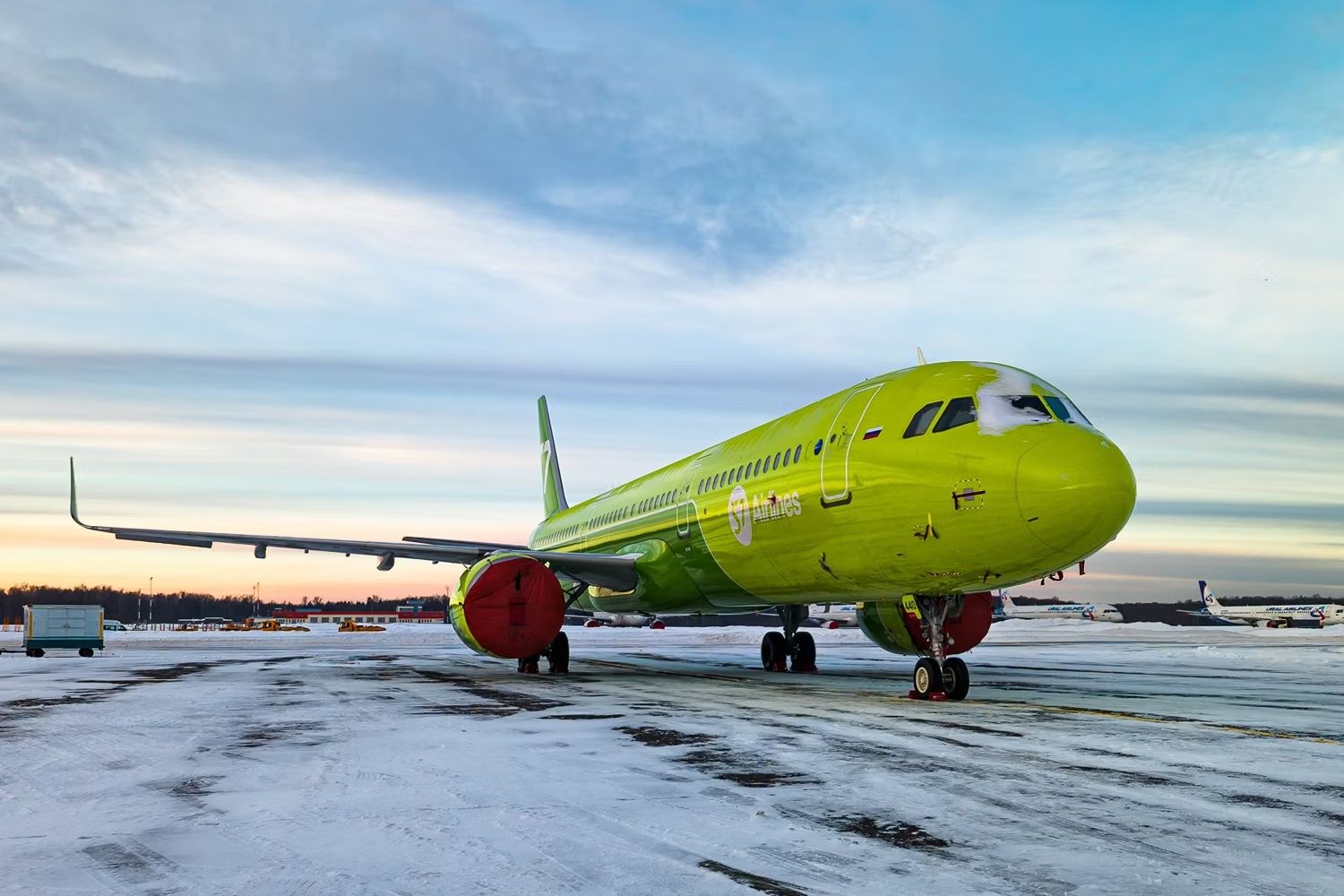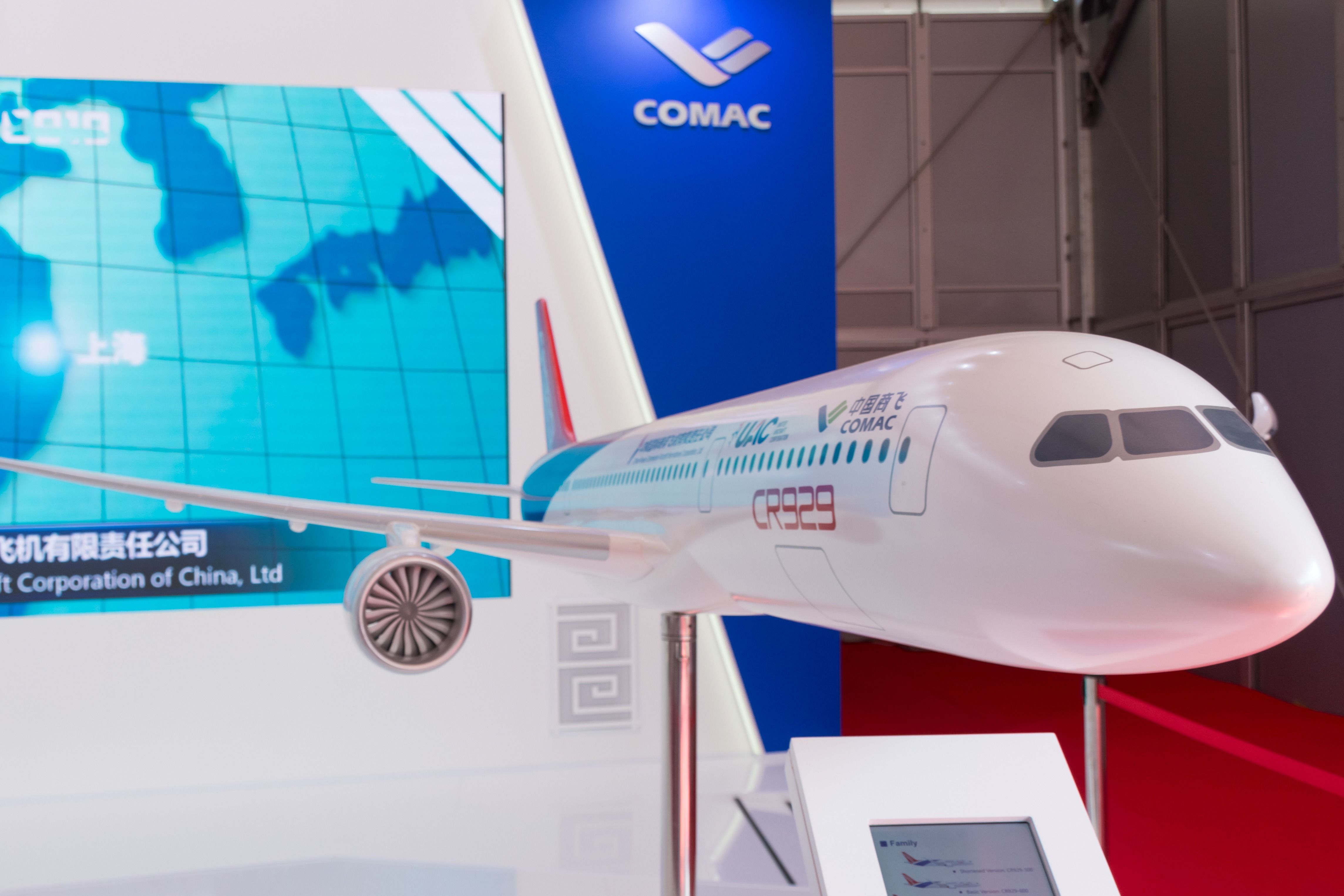summary
- Air Lease Corporation (ALC) has settled a $64.9 million insurance payment for aircraft grounded after the Russian invasion of Ukraine.
- The settlement includes compensation for four aircraft owned by ALC, not five previously leased aircraft.
- Russia has re-registered 92 foreign-owned aircraft, allowing Russian airlines to use them on certain international routes without the risk of them being seized.
Air Lease Corporation (ALC) has finalized a $64.9 million insurance settlement with S7 Airlines for Airbus A320 aircraft, which were blocked from leaving Russia following the country’s invasion of Ukraine, as disclosed in its filing with the Securities and Exchange Commission on December 21, 2023.
As part of the settlement, the US-based lessor received compensation for three A320-200 aircraft and one A321-200 aircraft under its ownership. However, it does not include the five A321-200neo aircraft previously leased to S7 Airlines. Insurance funds were provided by the Russian insurance company NSK. The ALC said in its filing:
“The insurance settlements and receipt of settlement proceeds described above have been approved by the U.S. Department of Commerce and the U.S. Department of the Treasury and are consistent with other applicable sanctions regimes.”
ALC is in ongoing settlement discussions for other aircraft it has previously leased to Russian airlines.
Russia re-registers 92 aircraft
Before the invasion of Ukraine in 2022, Russia played an important role as a market for aircraft charterers. These lessors will buy aircraft from Boeing and Airbus and lease them to different airlines in Russia.
However, due to Western sanctions imposed in March 2022, the lessors canceled the lease agreements, leading to the grounding of these aircraft in the country. Russia refused to release the planes after canceling the lease contracts.
Photo: Vincenzo Pace | Simple flying
Recently, Russia completed the purchase of 92 aircraft from foreign leasing companies such as AerCap and ALC, among others. The planes were purchased for 190 billion rubles ($2.06 billion), using money from Russia’s National Welfare Fund. Of these purchased aircraft, S7 Airlines has confirmed the purchase of 45 aircraft that were previously under foreign ownership, and Aeroflot, the national carrier, has completed deals to purchase 28 of its aircraft, in addition to an additional 19 aircraft for Ural Airlines.

Russia spends two billion dollars to buy 92 aircraft from foreign lessors
Collectively, the Russian government has purchased and will re-register 92 aircraft to three airlines.
It is worth noting that Russia re-registered foreign aircraft in its fleet without the approval of their owners before starting purchase negotiations, according to a Reuters report. Once these aircraft, initially owned by foreign entities, are purchased, Russian airlines gain the ability to deploy them on international routes without the risk of potential seizure.
minimum
After the Russian invasion of Ukraine and the subsequent imposition of sanctions by the West, the country faced major challenges in maintaining the airworthiness of its aircraft and maintaining its aviation sector. Russia currently faces restrictions on ordering new Western-made aircraft and obtaining spare parts to maintain its current fleet of Airbus or Boeing aircraft. In addition, the ability to operate internationally has been significantly hampered.
However, with the recently acquired aircraft officially registered under Russian ownership, there is a clear path for operational growth in the country’s aviation sector. Routes previously avoided due to concerns about potential sanctions and aircraft seizures are now more likely to be brought back into operation.

Russia still wants to cooperate with China on the long-range aircraft program
Russia hopes to leverage its strengths to provide critical components for the C929 project.
What are your thoughts on this? Let us know in the comments section.